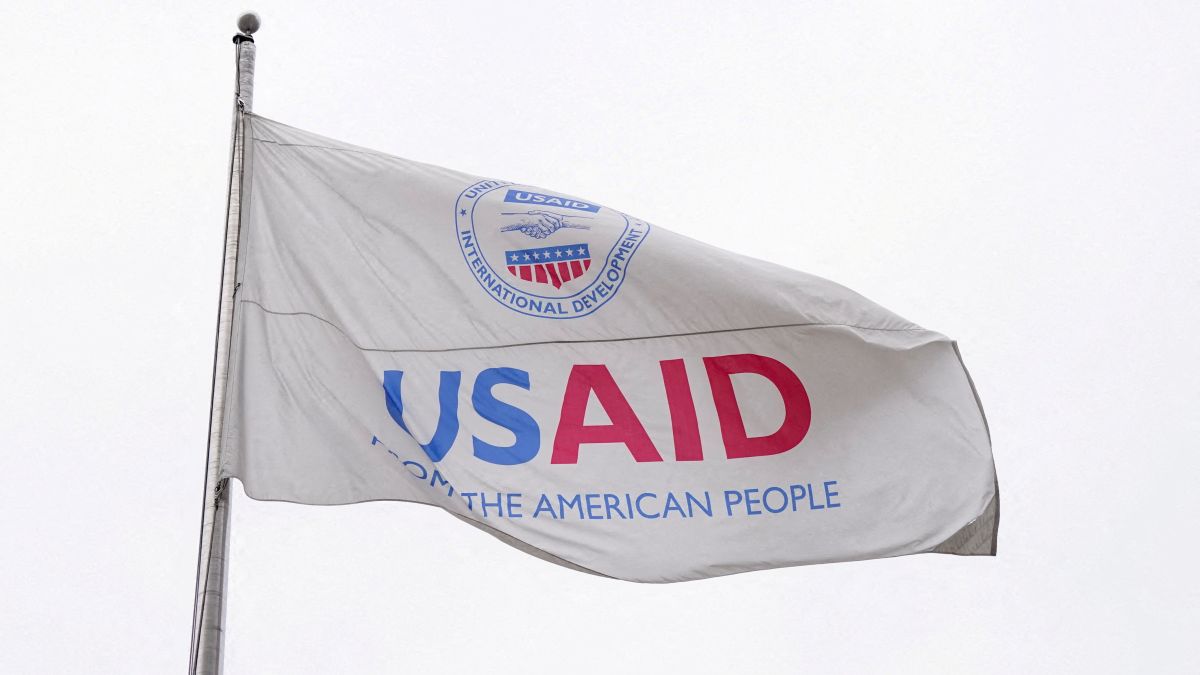A federal judge in the US has ruled that Elon Musk’s Doge might have violated the Constitution by discontinuing USAid and ordered the Trump administration to reverse some of the actions employed to shut down the organisation.
US District Judge Theodore Chuang informed the Department of Government Agency and the US government that he has halted the termination of USAid officials and contractors and directed the reinstatement of former employees’ official email access.
The judge also ordered the administration to permit USAID to reoccupy its currently closed headquarters at the Ronald Reagan Building if the lawsuit challenging the agency’s closure succeeds. The administration is likely to appeal the decision.
The case was brought to court by dozens of unnamed former USAid employees in Maryland and the lawsuit filed by them targeted Musk’s role in overseeing the deletion of USAid’s official website and the closure of its headquarters.
How has this violated the Constitution?
“If a president could escape appointments clause scrutiny by having advisers go beyond the traditional role of White House advisors who communicate the president’s priority to agency heads,” Chuang wrote, “the appointments clause would be reduced to nothing more than a technical formality.”
Meanwhile, the Trump administration has maintained that the moves which eventually culminated in USAid’s shutdown were monitored by the agency’s leaders, Secretary of State Marco Rubio and acting administrator Pete Marocco, who were taking recommendations from Musk.
However, Chuang dismissed that argument regarding the closure of USAID headquarters and the removal of its website, stating that the administration failed to present any evidence of formal authorization by a USAID official.
Impact Shorts
More Shorts“Under these circumstances, the evidence presently favours the conclusion that contrary to defendants’ sweeping claim that Musk acted only as an advisor, Musk made the decisions to shutdown USAID’s headquarters and website even though he ‘lacked the authority to make that decision,’” he said.


)

)
)
)
)
)
)
)
)



